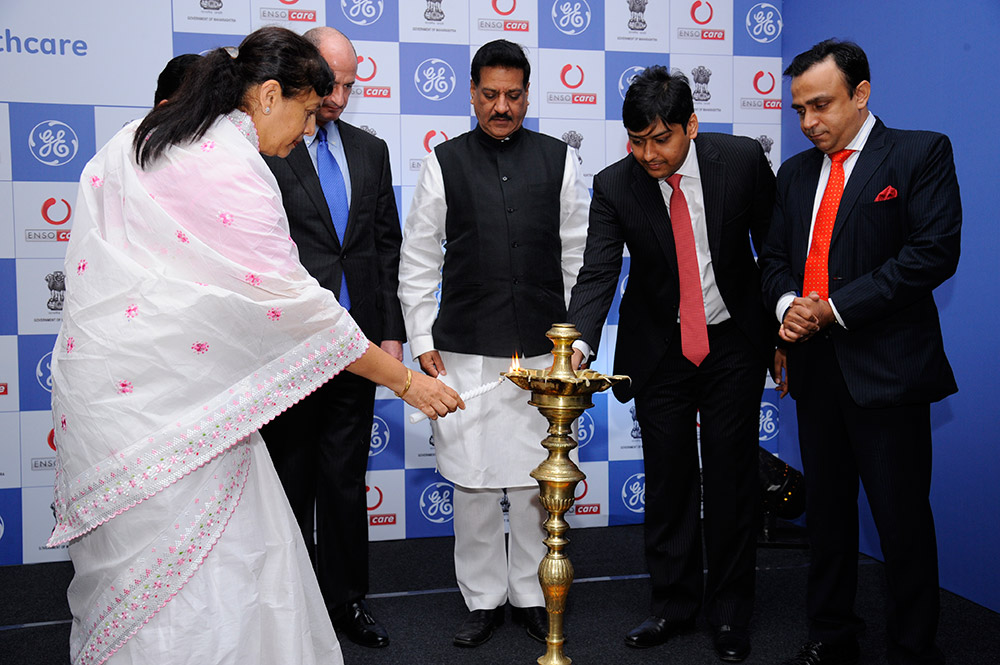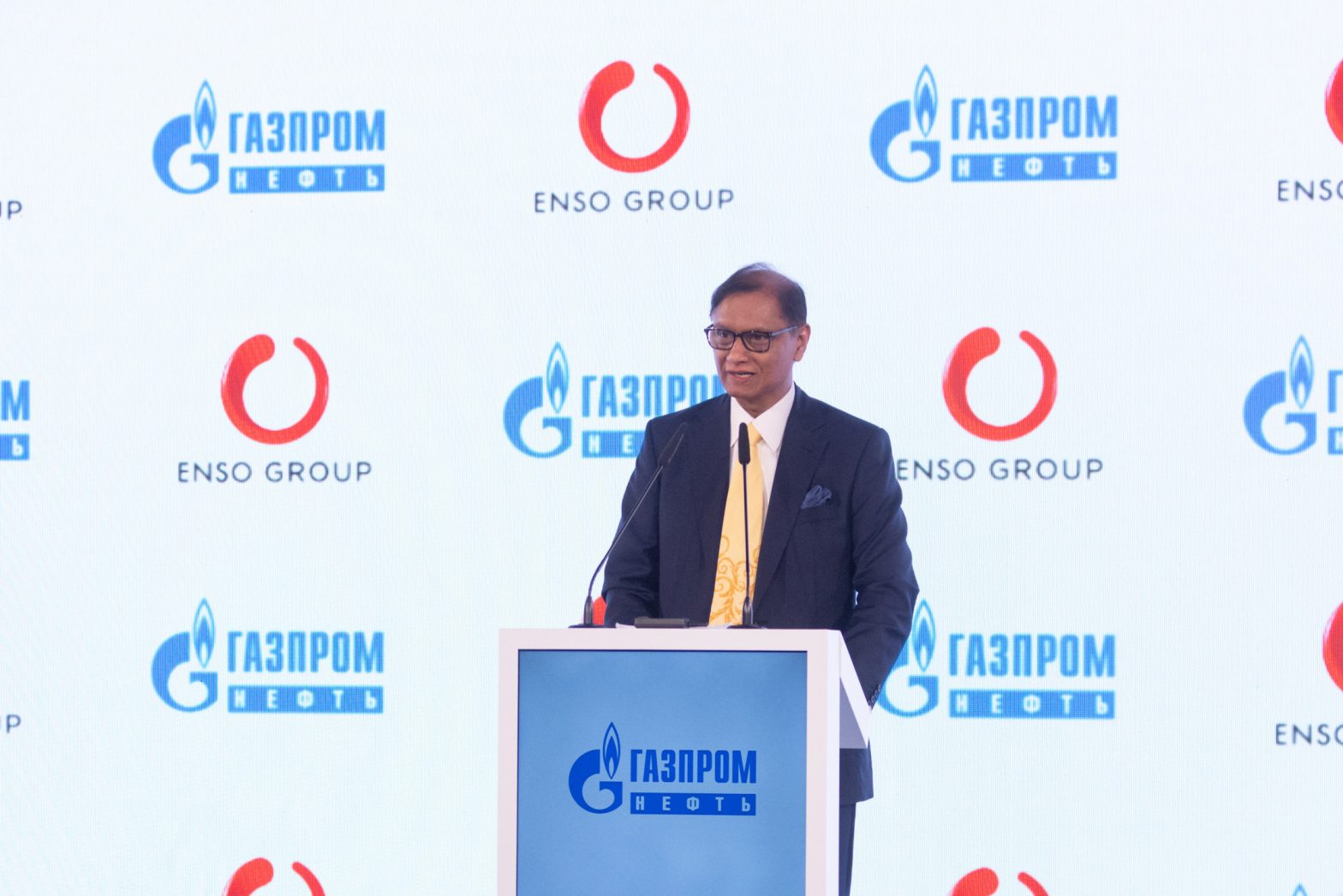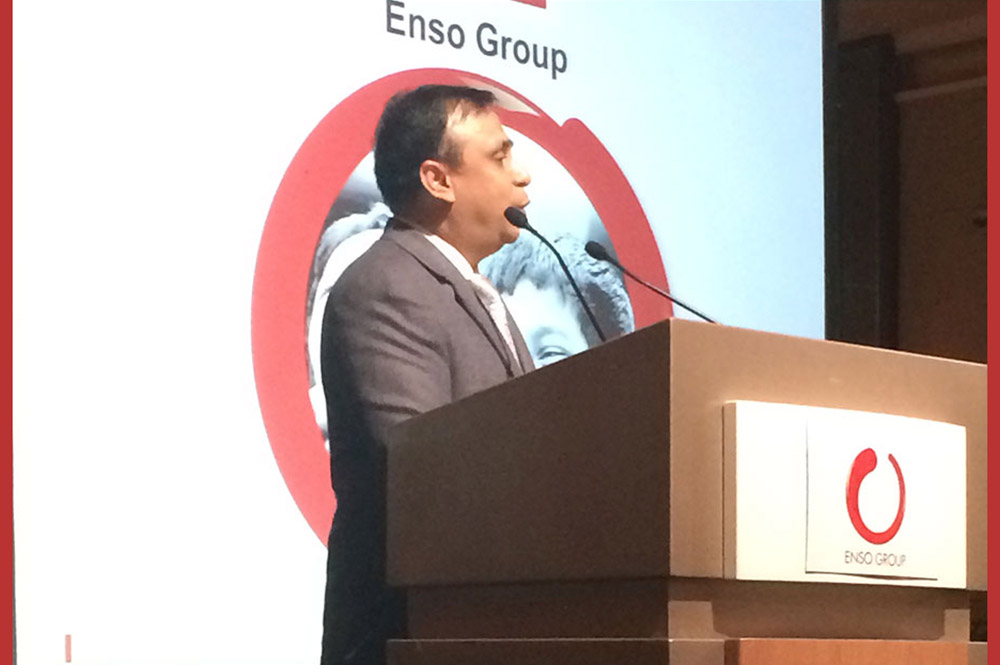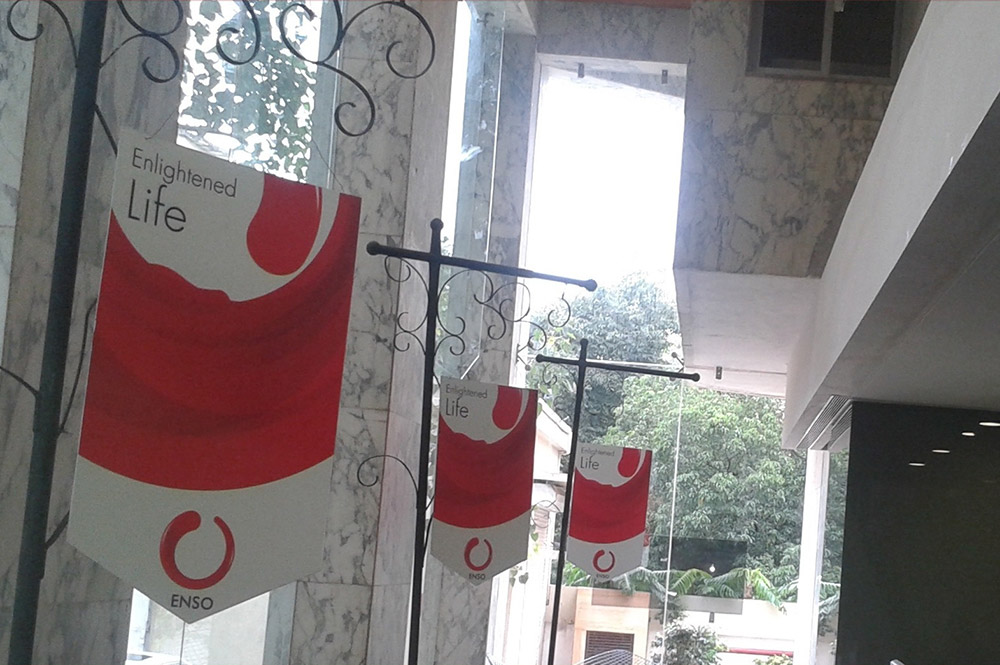Bengaluru-based Stelis Biopharma to make 200 million doses of Sputnik V Covid vaccine
Stelis Biopharma, the biopharmaceutical arm of Bengaluru-headquartered Strides Pharma Science, will be making and supplying at least 200 million doses of Sputnik V, the Russian Covid-19 vaccine currently awaiting emergency authorisation in India.
The latest agreement is expected to increase India’s capacity to make this vaccine to around 550 million doses a year.
Stelis, which has partnered with the Russian Direct Investment Fund (RDIF), is the latest in a growing list of Indian drug makers stepping up to boost the manufacturing capacity of this vaccine.
The company intends to commence supplies of Sputnik V from the July to September quarter of the 2021 calendar year, according to RDIF. “Stelis will also continue to work with the RDIF to provide additional supply volumes beyond the initial agreement,” the Russian fund said.
“The agreement between RDIF and Stelis Biopharma was reached under the aegis of Enso Healthcare LLP (part of Enso Group), RDIF’s coordination partner for sourcing Sputnik V vaccines in India,” it added.
Stelis is the fourth Indian company to partner with RDIF for Sputnik V and will be the third manufacturer of the Russian vaccine here.
Earlier this week, Hyderabad-based Gland Pharma announced a similar partnership to produce up to 252 million doses of Sputnik V. Last year, RDIF and Hetero Biopharma, another Hyderabad firm, had entered into an agreement to make up to 100 million doses.
Apart from these companies, Dr Reddy’s Laboratories has an agreement with RDIF to conduct a bridging study of Sputnik V in India and apply for its regulatory authorisation in the country. It will also be able to distribute around 200 million doses of the vaccine supplied by RDIF once it receives approvals.
Dr Reddy’s had in February approached the Central Drugs Standard Control Organisation (CDSCO) seeking emergency authorisation of Sputnik V on the basis of interim immunogenicity data. It also submitted Russian data on the vaccine’s efficacy, which was found to be 91.6 percent, as per a study published in scientific journal, The Lancet.









